Every year, global tourism leaves a massive carbon mark. One traveler alone can generate more emissions than some households produce in twelve months. Still, sustainable choices exist.
Below are habits that set eco-conscious travelers apart, shaping journeys that tread lightly while still opening the door to adventure.
Pack light
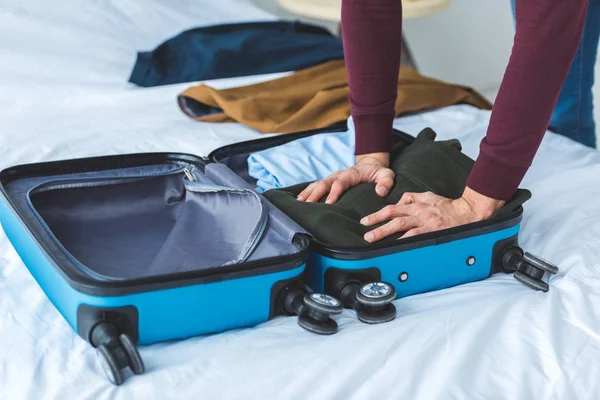
Carrying less means less fuel burned. Many seasoned travelers reduce everything to a single bag, choosing clothes that mix and match.
The payoff is real. No long waits at luggage belts. No aching shoulders from oversized cases. And packing light just feels freeing. It often sets the tone for a smoother, calmer trip.
Choose direct flights
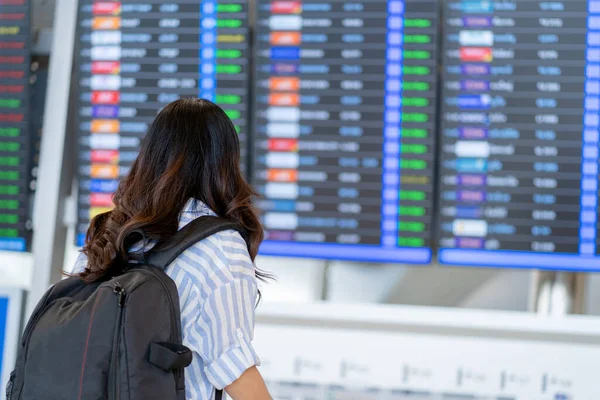
Airplanes burn most fuel during takeoff and landing. So, the fewer times a plane has to climb and descend, the better.
A nonstop route not only saves emissions but also often saves money. It also reduces the risk of delays or lost luggage along the way.
Like Travel Pug’s content? Follow us on MSN.
Embrace public transportation

A city’s soul is easiest to see by bus, train, or subway. One vehicle moving dozens of people beats dozens of cars crawling in traffic.
And there’s something calming about train wheels clicking on the rails—a small rhythm, steady, almost hypnotic. Public transit also creates more opportunities for spontaneous encounters with local culture.
Seek eco-certified accommodations
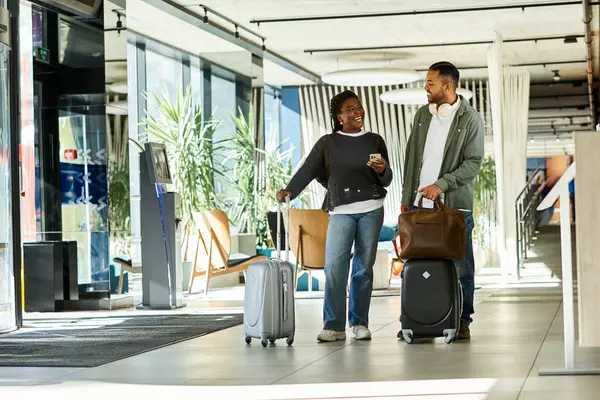
Some hotels call themselves “eco-lodges,” but only certifications like LEED or Green Key show they conserve water, source food nearby, and reduce waste.
Quick checks online reveal which places are serious about sustainability—and which are only marketing the image. Choosing such places also helps push the entire travel industry toward better standards.
Carry a reusable water bottle

Plastic bottles stack up quickly. Not great.
A reusable bottle with a filter works in most destinations. Many airports now have refill stations too, which saves both cash and waste. Over weeks of travel, that one habit prevents dozens of bottles from being tossed.
Like Travel Pug’s content? Follow us on MSN.
Pack reusable shopping bags

These small bags fold down to almost nothing, yet prove useful for:
- Market runs
- Carrying laundry
- Extra snacks
- Souvenirs
Sometimes they save you when stores charge for plastic. Sometimes they’re just handy to have. They also prevent awkward juggling of items when your hands are already full.
Choose local, seasonal food
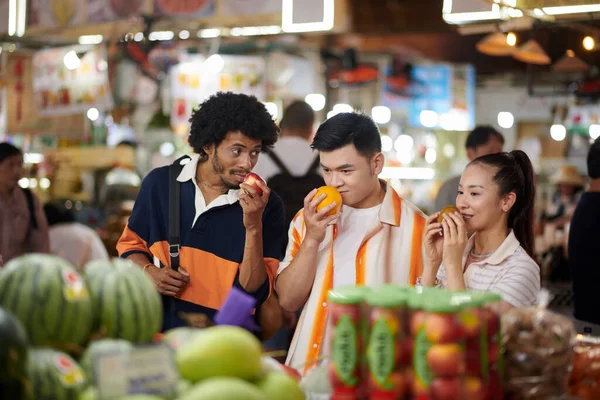
The freshest meals rarely come shipped halfway across the world. Local markets and restaurants showcase what grows nearby, in season.
Eating this way supports community farmers, lowers transport emissions, and tastes better. Strawberries in summer? Sweet and perfect. Even a simple soup feels more special when tied to the land around it.
Walk or bike everywhere possible
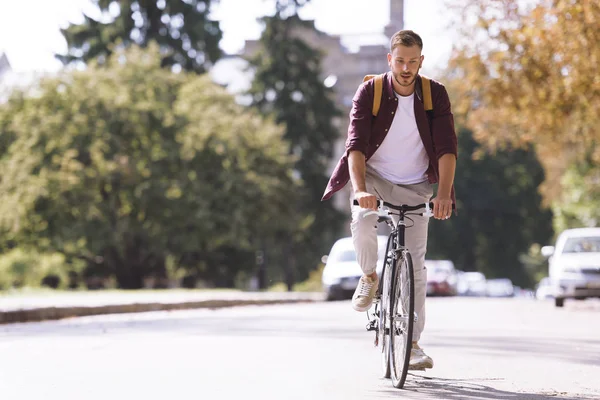
Cities change when explored slowly. On foot, it’s easier to notice smells from bakeries, the detail in an old doorway, or a group of kids playing football in a back alley.
Bike-share programs make it easy. They’re cheap, fast, and often more fun than sitting in a cab. And walking or cycling adds a healthy dose of movement to otherwise sedentary travel days.
Like Travel Pug’s content? Follow us on MSN.
Master the hotel room energy switch

Air conditioning, heating, and lights drain power even when nobody’s inside. Many hotels forget. Many guests forget too.
Turning them off takes seconds. The savings add up. Over time, that simple act preserves more energy than most people realize.
Use reef-safe sunscreen

Traditional sunscreen damages coral reefs. The better choice is a mineral-based lotion with zinc oxide or titanium dioxide.
In some destinations, chemical sunscreen is banned altogether. The ocean thanks you. It’s a small swap that protects both skin and sea life.
Eliminate single-use plastics
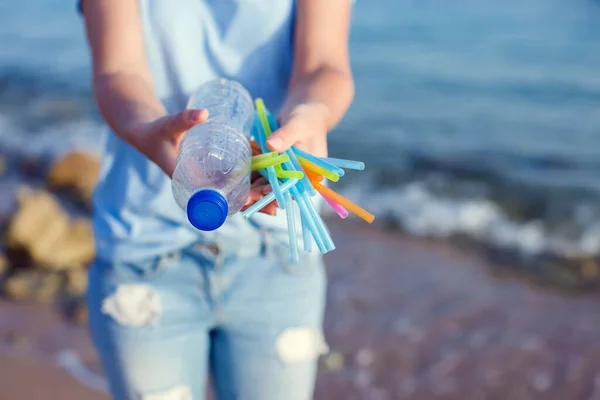
Straws. Utensils. To-go containers. Small things that pile up into mountains of waste.
Travelers who are committed to reducing trash, pack bamboo cutlery, collapsible food boxes, or even a metal straw. Small swaps, big results. These habits are easy to adopt and soon become second nature.
Like Travel Pug’s content? Follow us on MSN.
Choose overland routes when practical
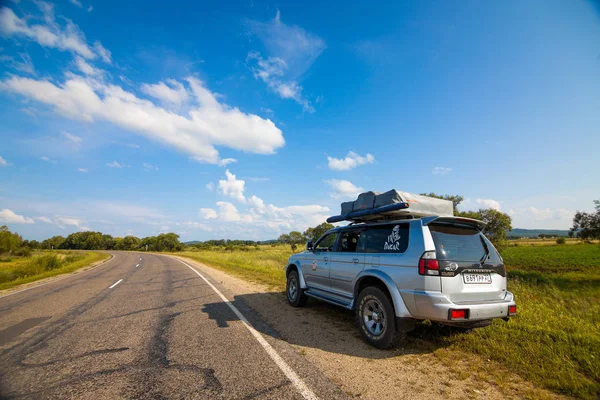
Trains and buses often beat planes when the distance is moderate. A Paris-to-Barcelona rail ride, for example, uses far fewer emissions while showing miles of scenery along the way.
It could be worse ways to spend a day. And by the end, the journey often feels like part of the destination.
Support local businesses

Money spent at a local café or family-run shop stays in the community. Chain restaurants rarely offer that.
It strengthens local economies, preserves authentic culture, and leaves travelers with better stories. Supporting local businesses also creates deeper, more genuine connections.
Respect wildlife and natural spaces
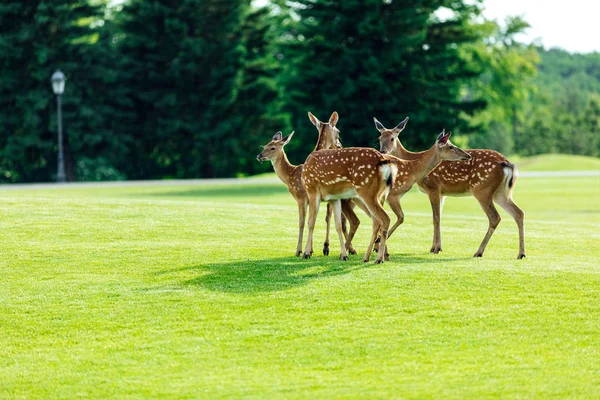
Feeding animals, stepping off trails, or crowding too close harms fragile habitats. Once damaged, recovery is slow—sometimes impossible.
Wildlife encounters are best admired from a respectful distance. Social media photos are not worth stressing a wild creature. Protecting nature ensures it remains unspoiled for the next generation.
Like Travel Pug’s content? Follow us on MSN.
Go digital with documentation

Plane tickets, maps, and passes fit neatly on a phone screen. No printer. No paper waste.
And if plans change? Digital files update instantly. They also make it easier to keep everything organized in one place.
Pack solid toiletries

Solid shampoo, bar soap, and toothpaste tablets skip plastic packaging and last longer than bottles.
Airport security also becomes easier with no liquid restrictions. A tiny win for both travelers and the planet. Plus, these items often smell fresher and travel better in humid climates.
Consider carbon offsetting

Some emissions can’t be avoided. Verified offset programs help by funding tree planting, renewable energy, and similar projects.
But they’re not a replacement — more of a balance. Choosing well-reviewed programs ensures that contributions make a measurable difference.
Like Travel Pug’s content? Follow us on MSN.
Explore closer to home

The lowest-impact trip may be the one taken nearby. Local parks, regional towns, even hidden corners of a traveler’s city—all offer discovery without long-haul flights.
Fewer miles. More trips. Simpler joys. And travelers often find surprising beauty in places they once overlooked.
Travel during off-peak seasons
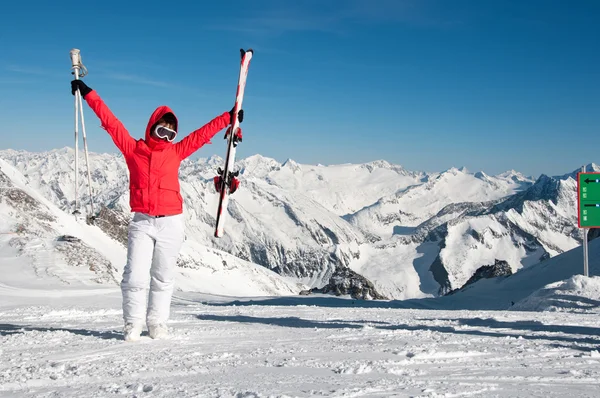
Tourist crowds strain local resources and often overwhelm communities. Traveling in the off-season spreads the load.
It also lowers costs and makes for quieter, better experiences. Empty streets mean better photos, too. And locals are often more relaxed and welcoming when visitor numbers are low.
Follow “Leave No Trace” principles
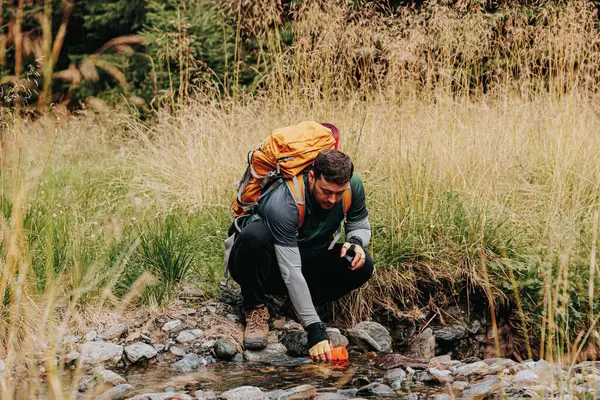
Leave spaces better than they were found. That’s the rule.
Carry out trash, stick to paths, and avoid disturbing cultural or natural features. Small acts, lasting impact. These small courtesies ensure landscapes stay intact for future visitors.
Like Travel Pug’s content? Follow us on MSN.
The larger picture

Every habit listed here is small on its own. Together, they shift the way travel impacts the planet—and protect the very places worth visiting. In the end, mindful travel is about balance rather than sacrifice.
More from Travel Pug

- 20 Best Beach Towns in the Carolinas
- 13 Destinations Where Tourists Regularly Regret Their Trip
- 20 Things You Actually Get in First Class
- 20 Small Airports With Aviation Museums
- 20 Places in the U.S. That Are Perfect for a Reset Trip
Like Travel Pug’s content? Follow us on MSN.
